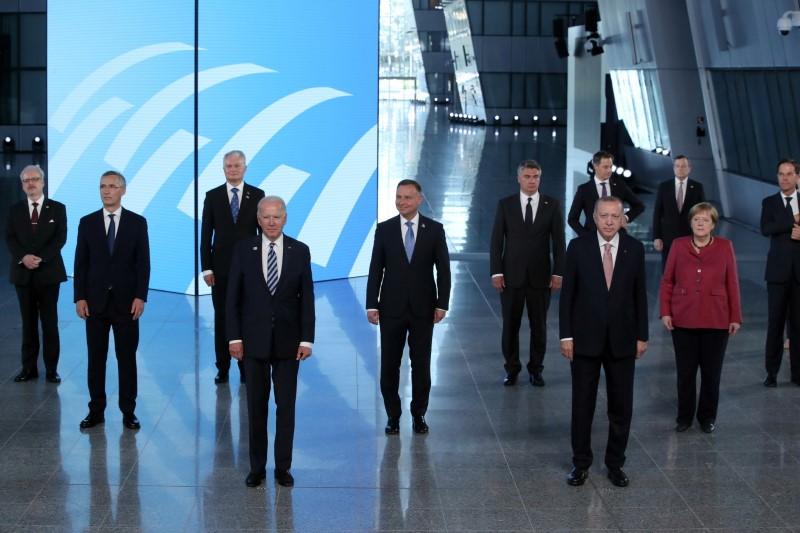Commentary
NATO finally addressed China in a half-serious way. The U.S.-led alliance system described the country as a “challenge” in a communiqué. But NATO continues to plod along, way behind the curve. While NATO rightly recognizes Russia as an aggressive threat (the country did invade Ukraine in 2014, and is still there), history’s most powerful democratic alliance system continues to downplay history’s biggest totalitarian threat: China.





